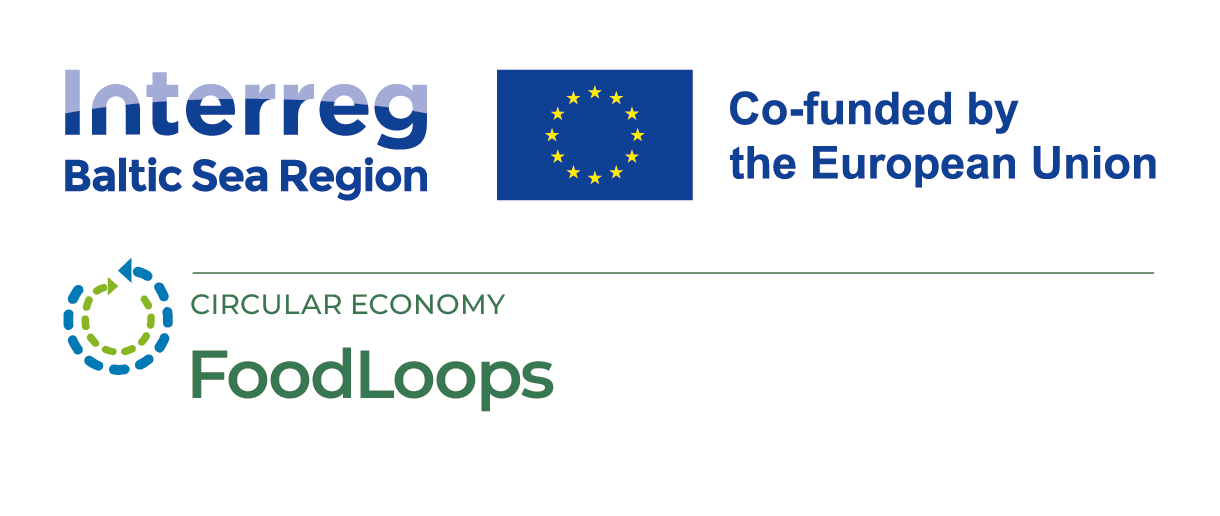
Podcast Highlights How Schools Can Tackle Food Waste in the Baltic Sea Region
11 August 2025
Food waste is a pressing environmental and social challenge in the Baltic Sea region. Every year, Lithuania discards around 50,000 tonnes of edible food, while Poland generates more than 4.8 million tonnes of food waste. Schools—where large-scale meal preparation meets diverse dietary needs—are both significant contributors to this waste stream and ideal venues for meaningful action. In Finland, for example, up to 17% of meals served in school canteens are thrown away.
As part of the FoodLoops project, funded by the Interreg Baltic Sea Region Programme, a new podcast episode explores the central question: “What can schools actually do to help reduce food waste?” The discussion highlights practical steps schools can take to lessen their environmental impact while also saving money in their budgets.
Listeners will hear from expert speakers sharing insights and examples from across the region:
🔸 Ahmad ur Rehman Hafiz, Project Manager, CSCP, Germany
🔸 Dominik Stingl, Chairman, Gut Einern e.V., Germany
🔸 Sami Kumpulainen, Teacher at Kuopion klassillinen lukio, Finland
Host: Jennifer Avci, Founder of Sustainable Gastro.
The podcast builds on two years of FoodLoops collaboration with partners in Poland, Lithuania, and Germany, Finland, and associated organisations and schools. These efforts involved engaging school food system stakeholders, piloting composting and improved waste sorting, and producing Manual on Local Cooperation for Circular Biowaste in Schools and Beyond, summarising case studies, engagement processes, challenges, and solutions.
You can listen to the full episode [link to podcast] to discover how schools can lead the way in cutting food waste and creating a more sustainable future.





